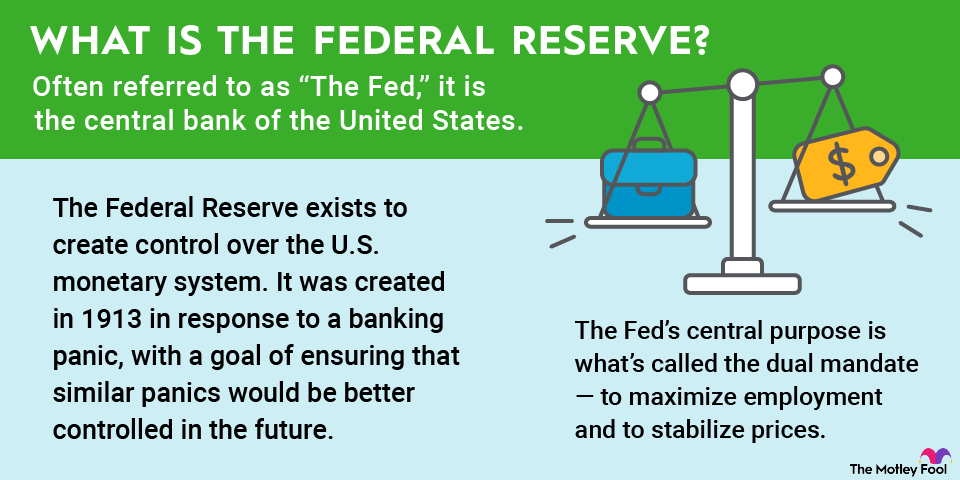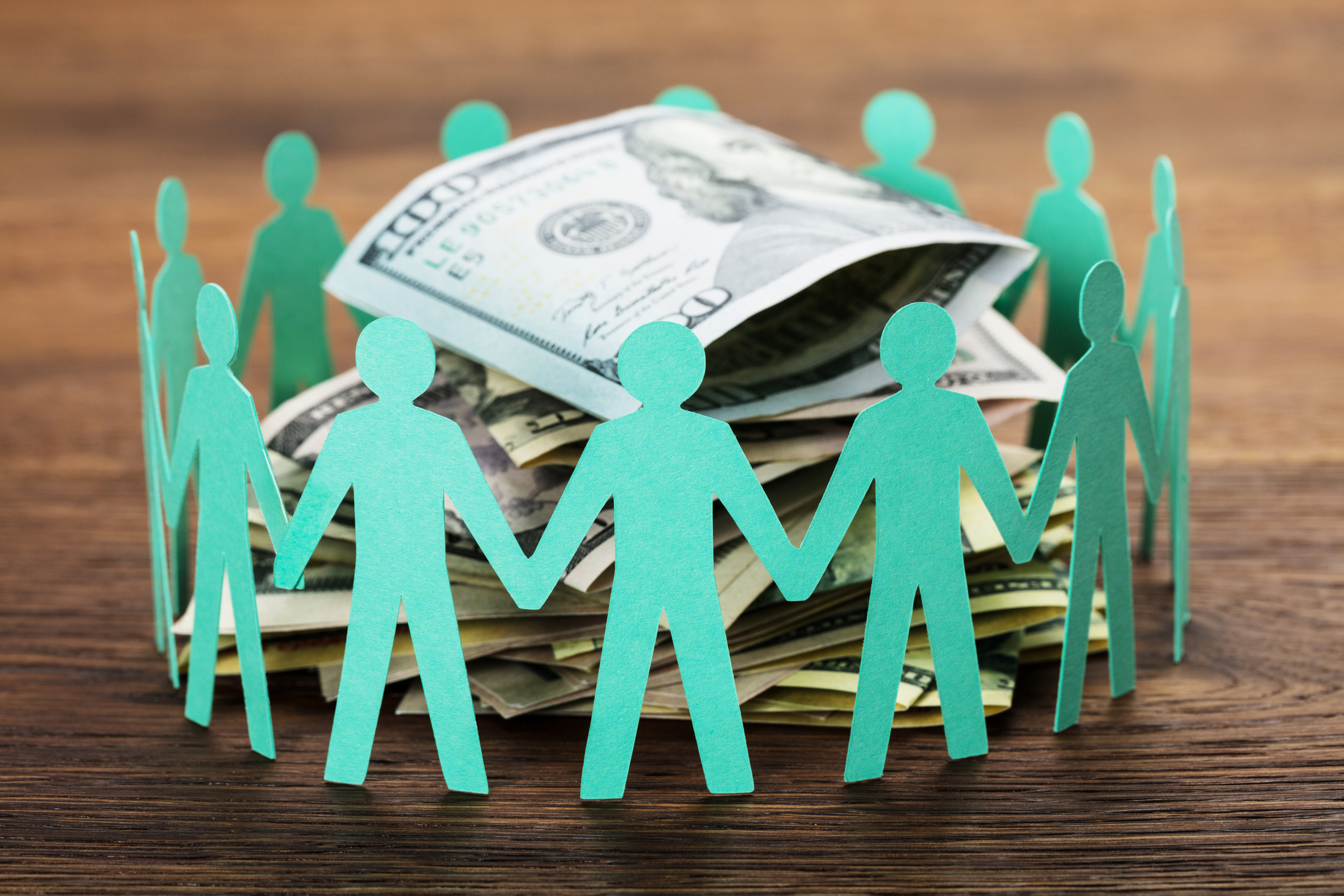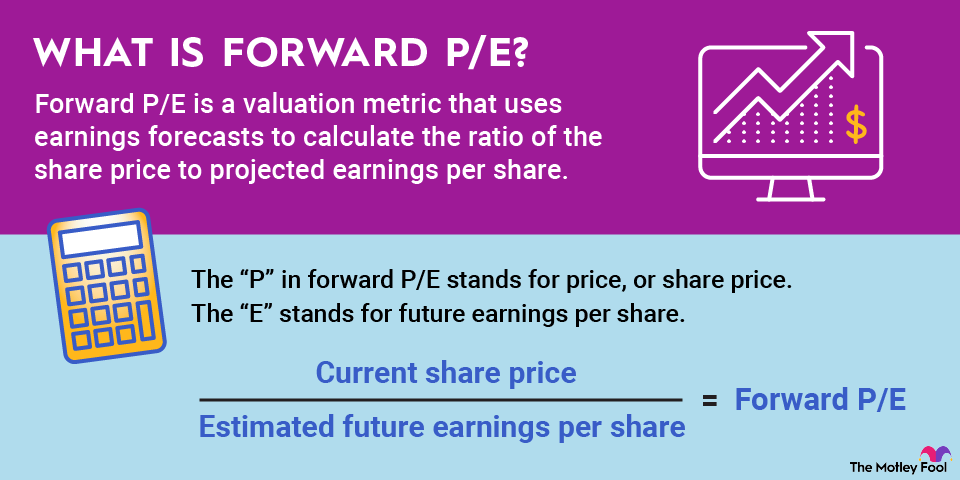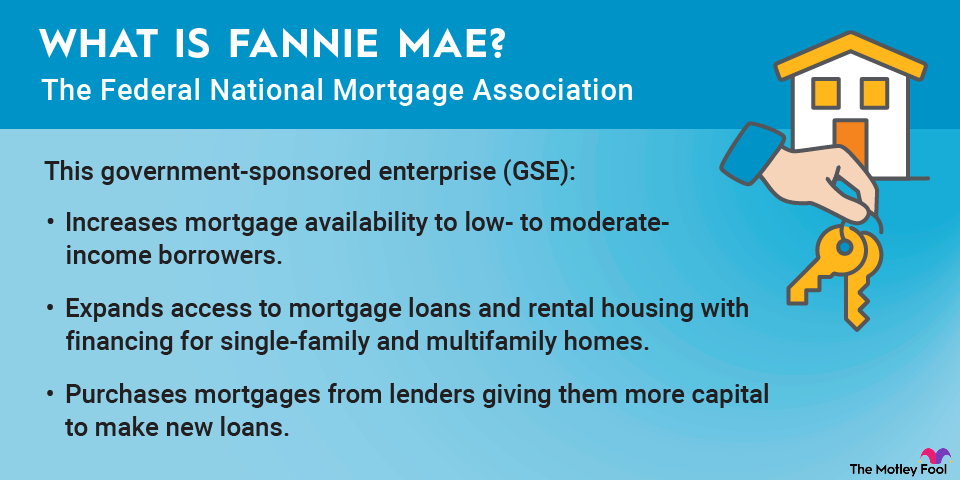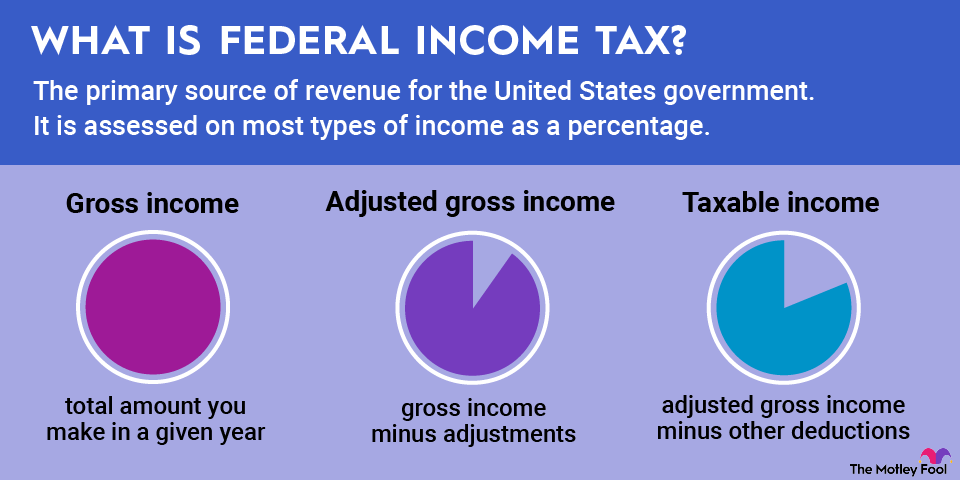So, you’ve been furloughed. The good news is that you still have a job. The bad news is that you're not getting paid. We'll explain furloughs here -- their purpose and the rules that govern them, give some examples, and offer a few ideas on how you can handle your financial, professional, and emotional life when a furlough looms.

What is a furlough?
A furlough is a short-term layoff or reduction in hours used to reduce payroll costs (typically one of a business's largest expenses) when times are tough.
Not all struggling businesses lay off workers when financial troubles arise. In many situations, businesses can't afford the permanent loss of employees. In other cases, businesses like ski resorts and golf clubs close their doors when seasons change, but still hope to retain trained workers. And every few years, when the U.S. Congress is unable to reach a budget deal, hundreds of thousands of federal workers face the unhappy prospect of unpaid time off (although they're usually reimbursed after the crisis passes).
From a company standpoint, furloughs can be a solution to a short-term financial crunch; from a worker standpoint, they can create a crisis that's still better than a layoff.
More than three-quarters of Americans live paycheck to paycheck, so losing even one week can hurt. Even worse, there's no fixed time for a furlough.
Rules governing furloughs
The distinction between hourly and salaried workers is a major issue for companies deciding to furlough employees. Hourly workers can be furloughed for almost any period of time, but salaried workers have to be paid their full salary for any week during which they work. For example, a salaried employee who answers an email while on furlough should be paid for an entire week of work.
A few other rules apply to furloughs:
- As a general rule, employees who are eligible for healthcare coverage remain eligible even during a furlough -- unless, of course, they're non-exempt workers whose hours are reduced enough to make them ineligible. In that case, hourly workers may qualify for COBRA benefits, although it's unlikely that they'll enjoy the same premium benefits as they did before they were furloughed.
- Vacation time usually isn't affected by furloughs. Since the company is attempting to save money, they'll generally prohibit employees from taking paid time off (PTO) during a furlough, since it would defeat the purpose of the furlough -- to not pay employees.
- The Federal Worker Adjustment and Retraining Notification (WARN) Act requires employers to notify workers within 60 days of any mass layoffs. Although the law generally doesn't cover most furloughs, some states have their own rules that require employers to notify their workers of pending furloughs.
Laid-off employees almost always can qualify for unemployment benefits; furloughed employees usually can qualify for unemployment benefits if they're eligible. Since unemployment programs are operated by individual states, however, rules and restrictions may vary.
Related investing topics
Dealing with furloughs
Regardless of your company's reasons for a furlough, there are steps you can take to minimize the financial, professional, and emotional damage caused by the lack of a regular paycheck.
- Evaluate your emergency fund. Is there enough money in it to last a week? A month? A year? The length of a furlough can be planned, but it can also be indeterminate. Plan for the worst, and hope for the best.
- Create a budget. You may not be getting laid off, but there's no guarantee that your furlough will be short and sweet (or that it won't turn into a layoff). Plan and monitor your spending. Don't use credit cards unless absolutely necessary.
- Apply for unemployment. Many states will allow furloughed workers to collect unemployment. It may not be as much as a regular paycheck, but it's better than nothing. Ask if your state lets furloughed employees collect unemployment benefits.
- Update your resume. Many companies have bounced back after furloughing employees, but not all will be salvaged. A company that requires furloughs is in trouble. Update your resume, keep your network contacts fresh, and consider other opportunities.
- Practice self-care. It's easy to become depressed and despondent when a paycheck disappears; it's also counterproductive. Exercise and stay active until you're able to work again.


